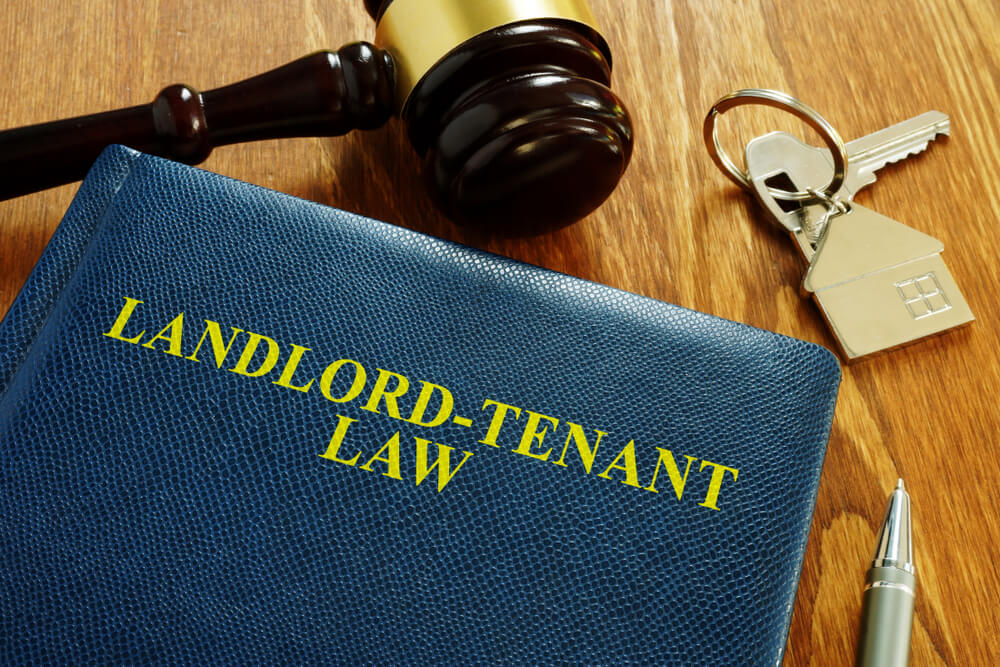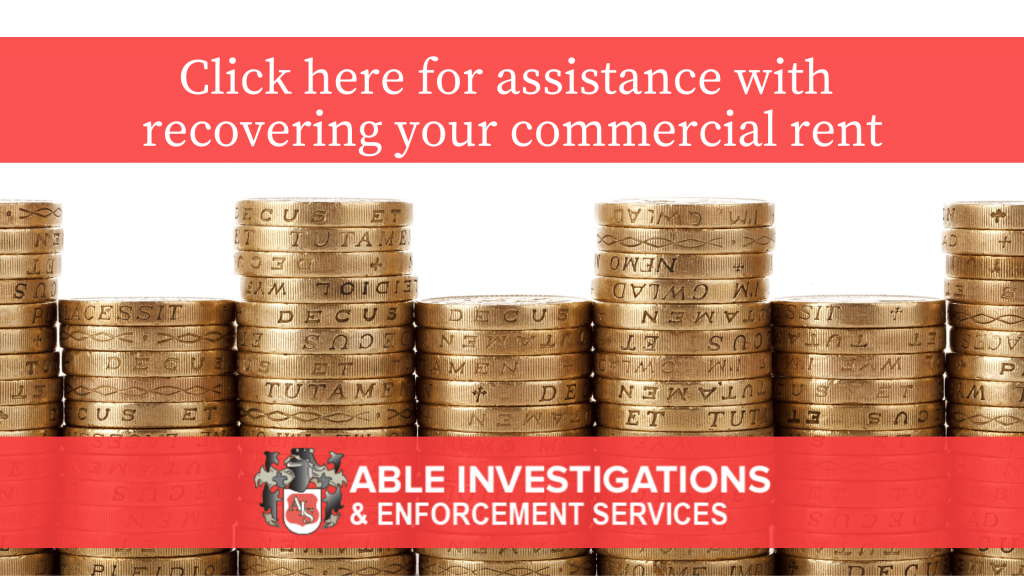
As a landlord, the position of a commercial tenant not paying rent is a big issue. In the current pandemic, this problem has become more complex and potentially more drawn out. What can you do if you have a commercial tenant not paying rent while keeping within the laws and current COVID-19 regulations?
Covid-19 effect on commercial rent payments
While the government has put a number of measures in place to help business owners during the pandemic, their moves have severely hampered the ability of the commercial landlords to collect rent in all but most cases. Whilst the government has put these measures in place the tenant still has an obligation to pay the rent, regardless of any assistance they are receiving.
The problem comes when the tenant cannot or in some cases will not make the rent payment. This is where the COVID legislation has impacted what the commercial landlord can and can’t do.
The position of the landlord
Under the current regulations, a tenant can approach a landlord for a direct concession such as a reduction in rent or a deferring of the payment. It is up to the landlord whether they make that decision. However, every case should be assessed carefully. Deferring a payment now could keep the tenant in business and lead to repayment later, it is always better to be working with the tenant than having an empty premise.
If you agree to this, then paperwork should be drawn up to show what has been agreed and signed by both parties. If this is not acceptable or the rent is then not paid when it was agreed, recovery of commercial rents is the next step.
Current restrictions on recovering commercial rents
Two main restrictions are imposed on commercial landlords when it comes to recovering sums due to from tenants:
- Forfeiture of commercial leases – this presents any forfeiture between March 26th 2020 and June 30th 2021, whether by proceedings or peaceable re-entry for the vast majority of cases of non-payment. Of course, this does not prevent forfeiture for beach of lease, but the landlord will need to issue a Sec 146.
- Stay of all possession proceedings – this stayed all possession proceedings for 90 days from March 27th until September 2020. This was later extended until May 31st, 2021 in England for June 30th, 2021 in Wales
What can you do if your commercial tenant is not paying the rent
While the regulations may seem that if a commercial tenant is not paying the rent, there is little a landlord can do, this isn’t the full story. There are options available that landlords can legally take with the current restrictions.

Commercial Rent Arrears Recovery (CRAR)
Under The Taking Control of Goods and Certification of Enforcement Agents (Amendment) (Coronavirus) Regulations 2020, landlords cannot use CRAR until at least 366 days’ worth of rent is due (this was seven days before the pandemic). However, this period has increased during the pandemic and will continue to be in place until at least June 30th 2021.
Forfeit the lease (ending the tenancy)
Under the Coronovirus Act 2020, forfeiture was suspended for most business tenancies on the grounds of non-payment of rent up to June 30th 2021. However, it is worth noting that the landlord will be regarded as waiving their right to forfeit for non-payment of rent unless they expressly confirm such a waiver in writing.
This means once the suspension period ends, the landlord could forfeit the lease for the non-payment during the period if the money remains unpaid.
Using the rent deposit
Another option is to use the rent deposit paid towards the current rent. There is nothing in the regulations that forbid this although the government’s code of conduct for landlords says that the step should be ‘realistic and reasonable’ to carry out.
Recovery from former tenants and their guarantors
The landlord can recover rent arrears and other sums due from former tenants and their guarantors but there are strict time frames for doing this.
An ‘old lease’ that was granted before January 1st 1996 allows for the landlord to recover rent in this way. However, for the ‘new lease’ after that date, the landlord can only recover the money if the former tenant has given an Authorised Guarantee Agreement (AGA).
To carry out this measure, a Section 17 notice will need to be issued within six months of a ‘fixed charge’ falling due. This includes rent, service charges and other sums due.
Recovery from existing guarantors
If there is a third-party guarantor involved with the tenancy, it may be possible to recover money from them. The landlord does need to check the wording of the tenancy agreement carefully to see if the liability has been triggered.
For example, the landlord may only be able to use this clause if a certain period has passed. Or there may be conditions about giving the guarantor a new lease.
Paying arrears in instalments
If the tenant wants to remain in the property and the landlord also prefers this, then it may be worth arranging to pay the arrears in instalments so that the lease can remain in place. If not, the landlord faces an empty property and no guarantee that the money can be recovered under the current regulations.
Debt proceedings
There are currently no regulations in place that stop a landlord from issuing claims under either Part 7 or Part 8 of the Civil Procedures Rules for either the county or High Court. This allows for the recovery of arrears from tenants.
Issuing a Statutory Demand
The final option used is a statutory demand. Under the regulations, these can be served but no winding up petition can now be present for failure to make payment for sums demanded before June 30th 2021.
However, where it can be shown that a company cannot pay its debts, a winding-up petition can be presented once the current regulations end, whether or not a statutory demand has been served.
Which option is the best?
Deciding on which option is best in the situation of a commercial tenant not paying rent is a complex one. It is always a good idea to seek out legal advice to check things like the lease wording and the new regulations.
It can always be a good idea to try to come to some agreement with the tenant as this can help secure the property’s occupancy for years to come. But in cases where this isn’t possible, getting the right advice will help you decide which route is best to follow.
Qualified assistance with enforcement services
If the best route to handle the situation is to go to court, you will need qualified help with enforcement services. Here at Able Enforcements, we offer certificated enforcement services to help with everything from process serving to evictions. We have worked with commercial landlords across the country and can help you during this challenging time.
Call us today to arrange an appointment and discuss your needs and situation further.



Comments are closed.